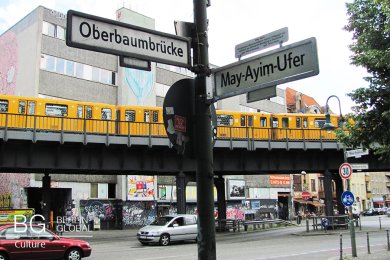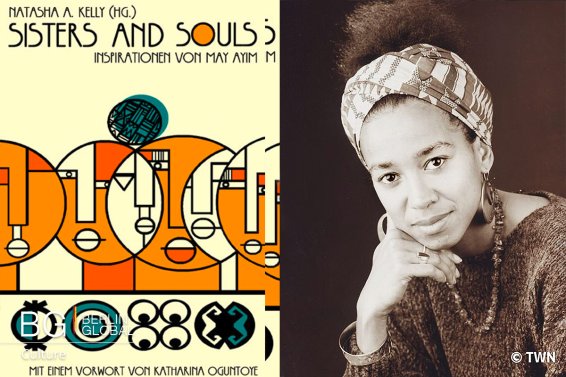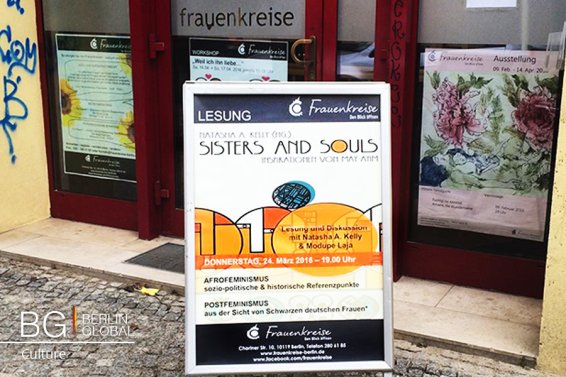The Presentation of the Anthology "Sisters & Souls" inspired by May Ayim
May Ayim, the Ghanaian-German Poet is Remembered and Celebrated in Berlin
March 24th, 2016On the evening of March 24th, there will be a presentation of the anthology “Sisters & Souls", edited by Natasha A. Kelly. The event will be held in Berlin, at Frauenkreise Choriner Straße 10, from 19:00 – 22:00 and is dedicated to the commemoration 20th anniversary of May Ayim's death.
During the conference, some women from different generations will share their perspectives and will explain in which way they were politically and personally inspired by May Ayim. The discussion will also focus on the afro-feminist and post-feminist movements. Natasha A.Kelly, a writer and a journalist who has been in the antiracism movement for many years, will also participate in the discussion.
May Ayim is the pen name of May Opitz who was a controversial Ghanaian- German poet; May Ayim was also an activist and one of the founders of the black feminist movement. Furthermore, she was a lecturer at the Free University of Berlin for several years and worked as a speech therapist.
May Ayim was born in 1960 in Amburg; she was the child of a German mother and of a Ghanaian medical student and she was adopted when she was young by a German family.
Since she was interested in the Afro-German story, she published in 1989 the essay “Afro-Germans: Their Cultural and Social History on the Background of Social Change”. But it was with the publication “Showing our colors: Afro-German Women Speak Out” that she became internationally recognized.
May Ayim wrote traditionally in the form of the oral poem and in her political poems she speaks about the search for identity, discrimination and diaspora. One of her most famous book is “Blues in Black and White”, published in 1995, a collection of essays, poetry and conversations where she covers a wide range of themes: politics, love and the process of marginalization. Through her poetry and political activism, she tried to dissolve the social and political boundaries that continued to exist also after the fall of the Berlin Wall in 1989.
This event will provide the opportunity to think about the past and to reflect upon the efforts that still should be done in order to achieve effective equality and freedom.
News from BerlinGiulia Ciccarese, Berlin Global




